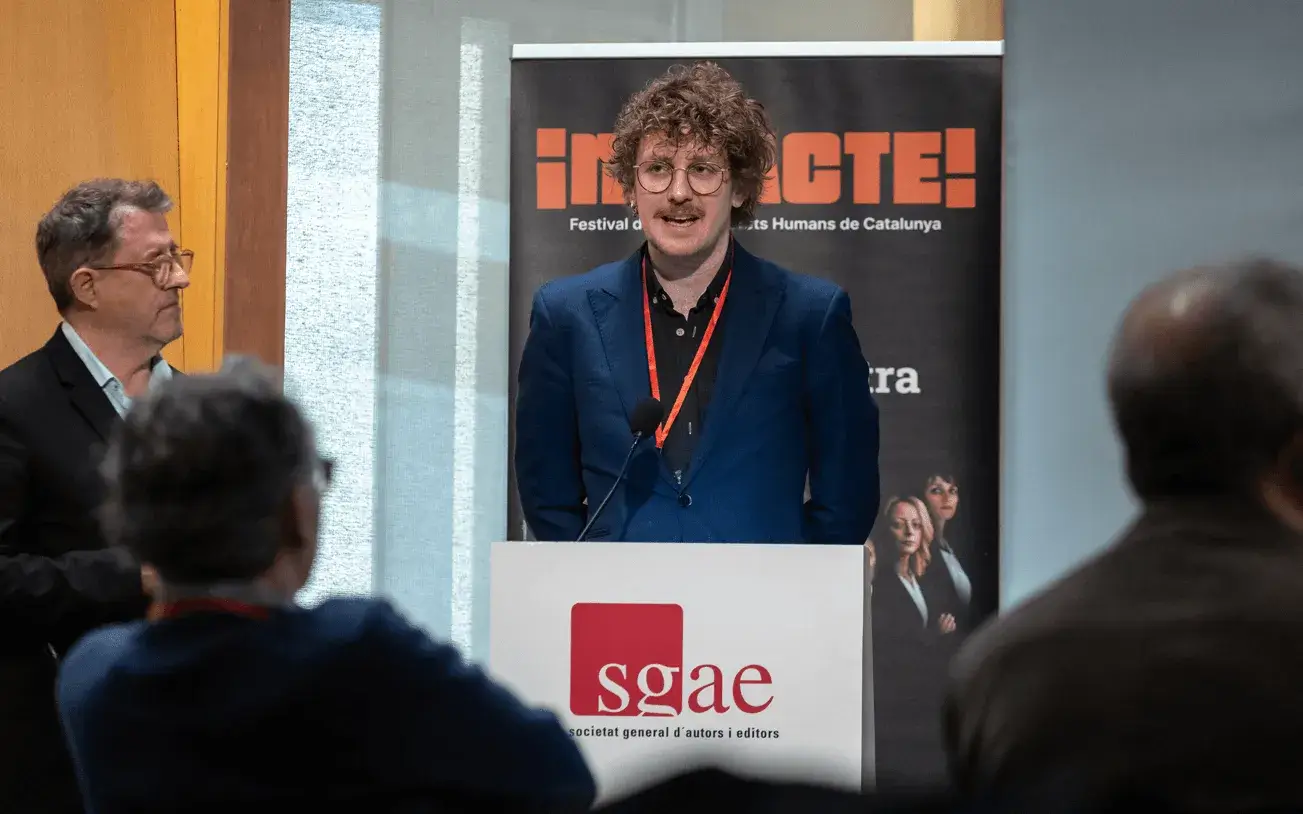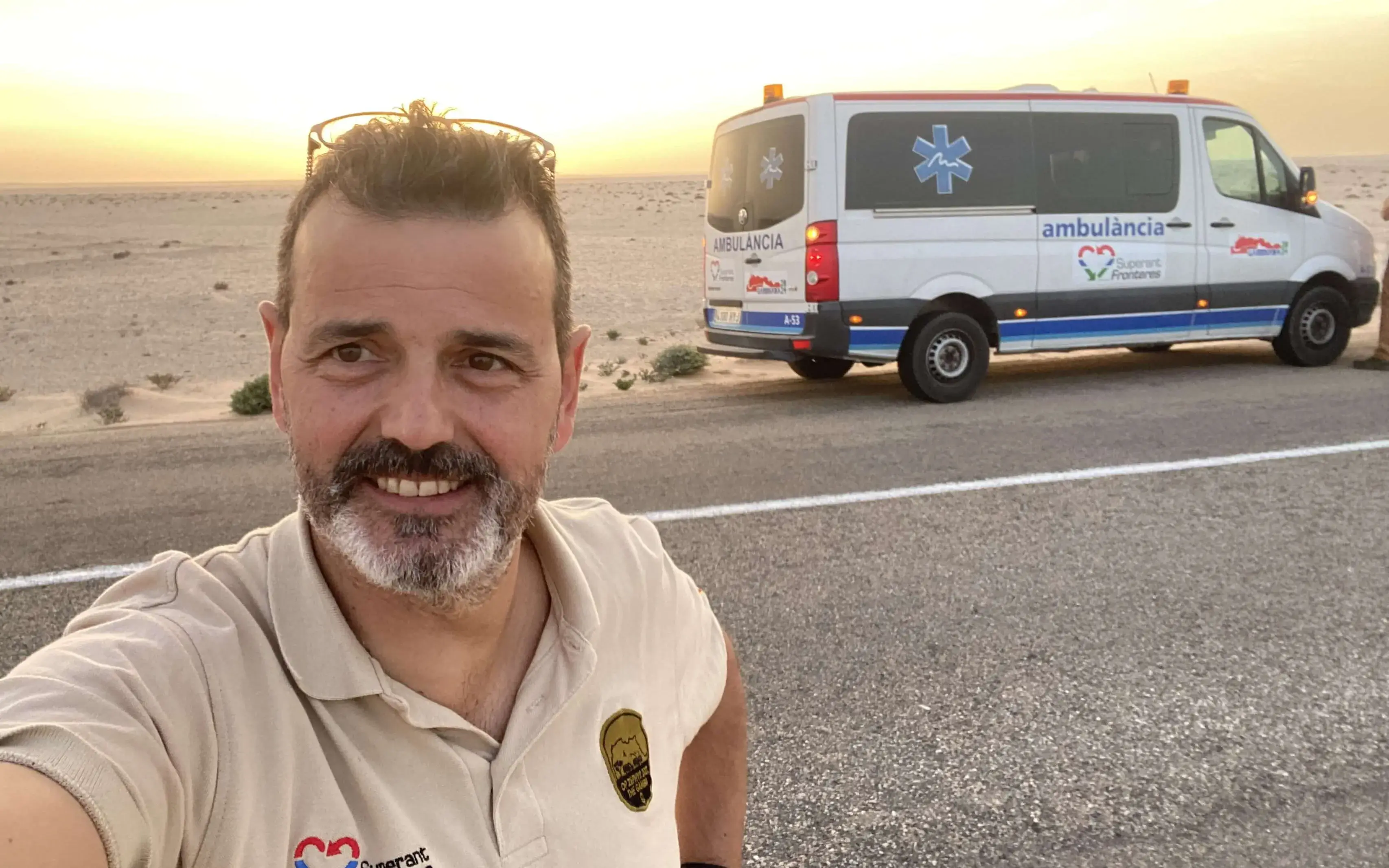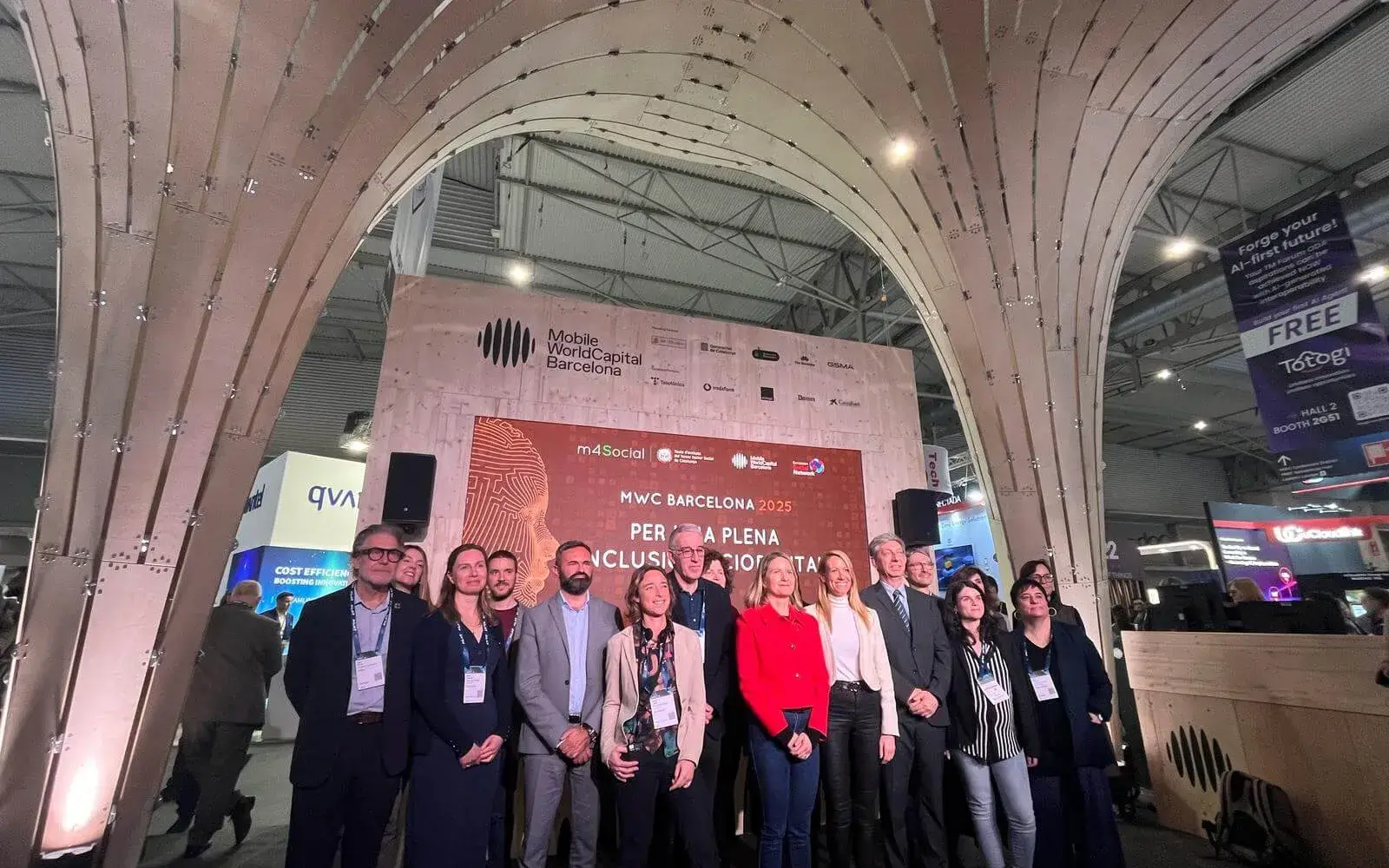Jaume Vidal: "Access to medicines is a critical factor in the fulfillment of the human right to health"
Jaume Vidal, Senior Policy Advisor for European Projects at Health Action International (HAI), provides an in-depth insight into the organization's efforts to improve access to safe, effective, and affordable medicines in Europe.
Health Action International (HAI) stands out as a research-based advocacy organization, focused on influencing governments, educating the public, and shaping the agenda of discussions regarding public health and access to safe, effective, and affordable medicines in the European continent. In this interview, Vidal addresses the barriers faced by European patients, its initiatives as organization to collaborate with other relevant organizations, and its fundamental role in advocating for patient rights in the context of medicine accessibility.
What are the main objectives of Health Action International (HAI) in its efforts to improve access to safe, effective, and affordable medicines on the continent?
As a research-based advocacy organisation our main goal is to influence governments, educate the public and shape the agenda of deliberations, discussions and debates around public health and access to safe and effective health technologies that are also affordable.
Could you describe some of the most significant barriers faced by European patients regarding access to safe and effective medicines?
There are huge differences in access to medicines for patients living within or outside the EU, and even between EU members disparities are not rare. Availability of certain medicines is a challenges, this can be due to the fact that some newer (“innovative”) medicines are not marketed in all EU member states despite having been approved by the European Medicines Agency (EMA); increasingly we are witnessing instances of shortages of medicines affecting generic/out-of-patent medicines which can pose a threat to treatment adherence for many patients.
The issue of high prices of medicines is a critical factor both for the economic sustainability of public health systems where medicines are reimbursed and for patients ability to afford treatments when they are forced to buy them out-of-pocket.
How does HAI collaborate with other relevant organizations and stakeholders to address the issues of access to medicines in Europe?
We collaborate with civil society organizations by sharing information and engaging in knowledge-transfer, exercise in which we align strategies and share insights. We also advise lawmakers at the EU and national levels when discussing legislation related to any aspect of pharmaceutical policy, whether transparency of R&D costs, reimbursement mechanisms, IP management or preventing shortages. Right now we are very much focused on the revision of the European Pharmaceutical legislation and IP Package where we have participated in public consultations and proposed amendments. Further, we interact routinely with EU government representatives ahead of EU council meetings where access to medicines are discussed. Finally, we are in periodic contact with WHO Euro, more recently participating in the Novel Medicines Platform working Groups.
What are some of the most prominent initiatives and projects that HAI has undertaken in recent years to promote access to medicines?
HAI was a pioneer organisation in working on access to medicines (we’ve existed for over 40 years) and, in collaboration with the WHO, was instrumental in creating the first guidelines to assign prices to medicines that would include affordability and accessibility criteria. More recently, we launched the a TRIPS flexibilities navigator, a knowledge platform addressed at academics, advocatess, policy/lawmakers which provides detailed info on existing legal framework and possible venues for the enactment and use of TRIPS flexibilities.
What is the role of HAI in advocating for patient rights in the context of medicine accessibility?
We see access to medicines as a critical factor in the fulfilment of the human right to health and work to overcome obstacles to proper access to safe, effective and affordable medicine, which put the enjoyment of this fundamental human right in jeopardy. We develop advocacy campaigns, which are always evidence-based, targeted at duty bearers as a way to drive change and overcome existing challenges, be it the lack of transparency in drug prices, lack of availability of certain treatment or misuse and abuse of IP tools.
How does HAI address the issue of high drug prices in Europe and what actions have been taken in this regard?
And example of a specific action was the Our Medicines, Our Right campaign, which focused on the fact that EU citizens pay twice for a given medicine as government support R&D that ultimately results in marketed products. The campaign focused mainly on oncological treatments in the Netherlands. More generally, we produce reports and policy briefs with evidence-based recommendations for policymakers, sharing these through events, webinars and targeted communications campaigns. These then also form part of our direct advocacy work with decision makers.
How does HAI address the challenges of access to safe and effective medicines in regions affected by armed conflicts, and what specific initiatives does it undertake to mitigate the impact on patients in these areas?
We do not have specific lines of work in conflict areas but we support WHO calls for respect to International Humanitarian Law (IHL) that protects medical facilities, personnel and goods from warring factions.







Add new comment